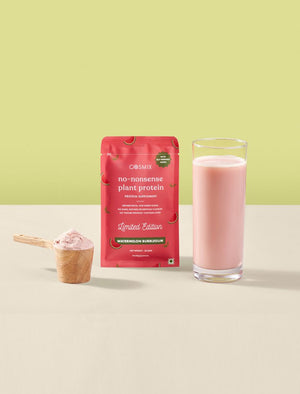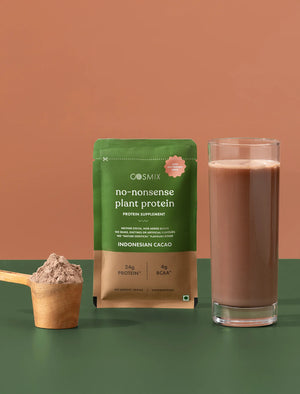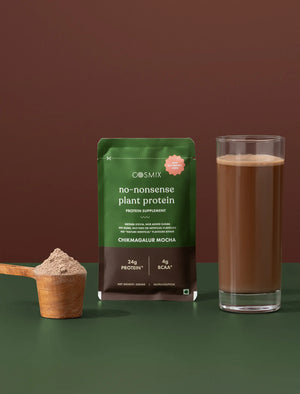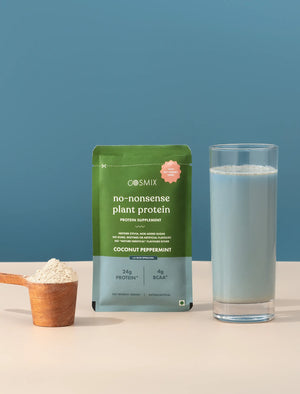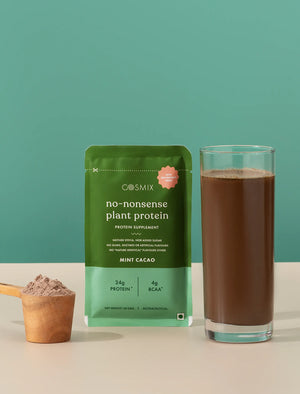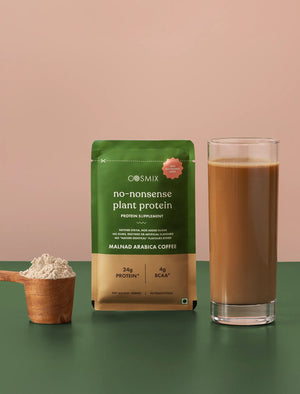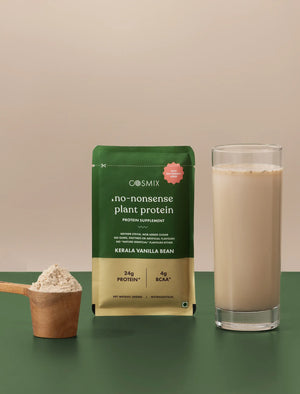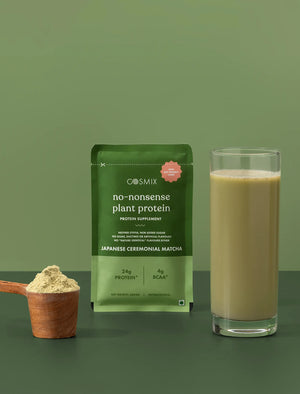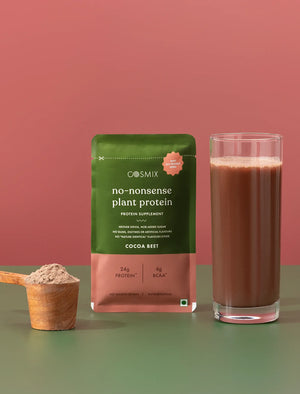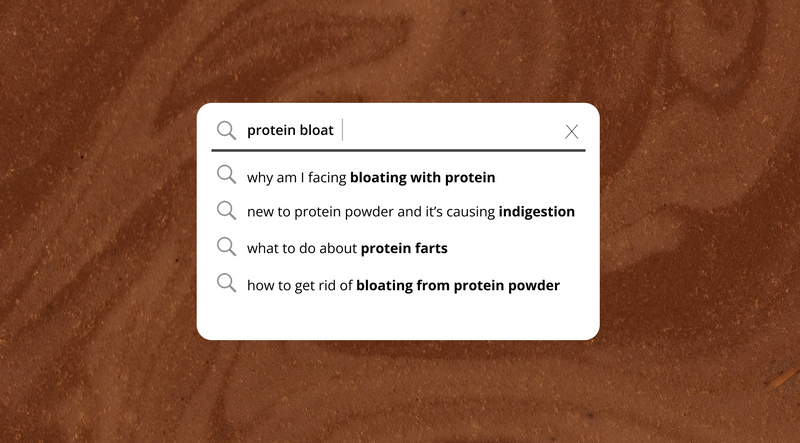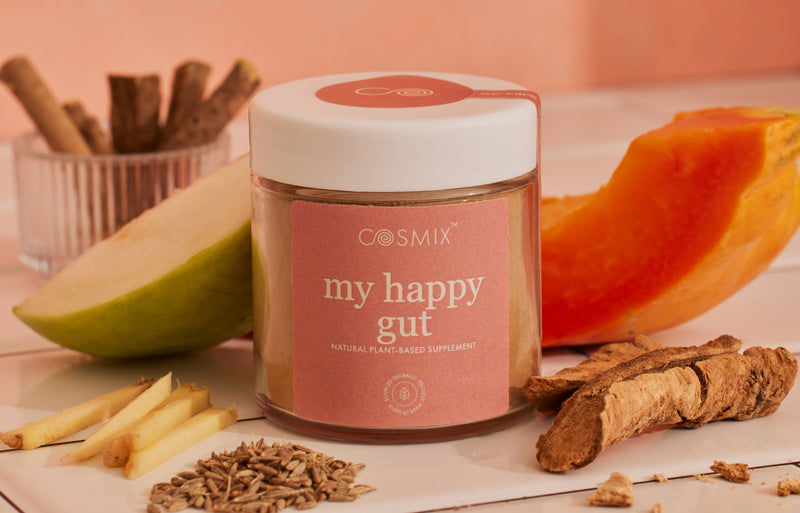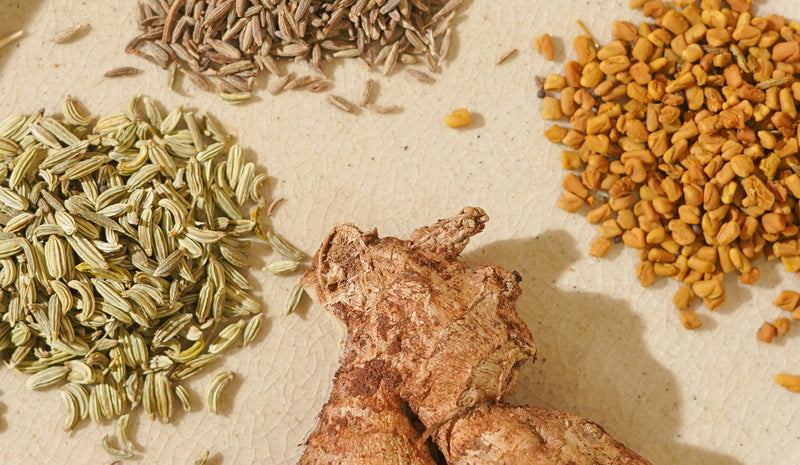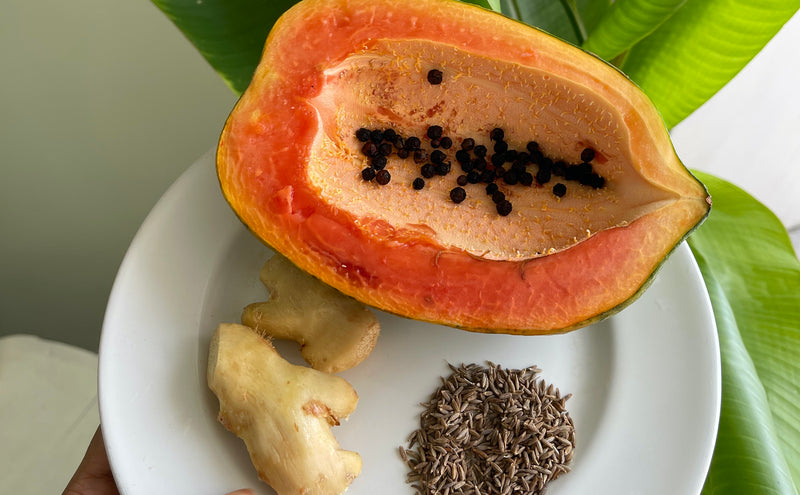Did you know that when you’re being intimate, there’s always more than one person involved, might we say it’s actually an orgy? No, not in the way you might be thinking, but in a microscopic, microbial sense. Every intimate encounter involves not just you and your partner but also the trillions of bacteria that make up your unique microbiomes. And while that might sound a bit wild, it’s actually a beautiful testament to the complex interplay between our bodies and our health.
Your body is home to a vast ecosystem of bacteria, fungi, and other microorganisms, primarily residing in your gut. But the gut isn’t the only place with a bustling microbial community; your vagina has its own microbiome too. (1) These microbiomes don’t just coexist, they communicate and influence each other in ways that can profoundly impact your sexual health and libido.
Your gut microbiome is a key player in overall health, but its influence extends far beyond digestion. It plays a crucial role in regulating your hormones, managing inflammation, and even controlling your immune system - all of which can affect the balance of bacteria in your vagina.
Read along to learn how we can spice up our love lives by taking care of microscopic gut friends.
The Vaginal Microbiome: An Extension of Your Gut
Just like your gut, your vagina has its own microbiome, a delicate ecosystem of bacteria that plays a vital role in maintaining vaginal health. The balance of this microbiome is crucial for preventing infections, managing pH levels, and ensuring overall reproductive health.
Here’s where it gets interesting: the health of your vaginal microbiome is closely connected to your gut microbiome. (2) When your gut is in balance, it supports the overall harmony of your body’s microbiomes, including the vaginal one. Conversely, an imbalanced gut can lead to dysbiosis, an imbalance in the vaginal microbiome, which can cause issues like yeast infections, bacterial vaginosis, and discomfort, all of which can negatively impact your intimate life.
Your gut produces the feel good hormones
When your gut is out of balance, it doesn’t just impact your mood, it can directly affect your libido too. Serotonin, the “feel-good” neurotransmitter, is largely produced in the gut. (3) If your gut health is off, serotonin levels can fluctuate, leading to increased stress, anxiety, or even depression, all of which can dampen your sexual desire.
Dopamine, the brain’s reward and pleasure chemical, is another key player in your libido. (4) It’s responsible for sexual arousal and motivation. Your gut produces the building blocks for dopamine, like tyrosine, but when gut health is compromised, these precursors can drop, affecting dopamine levels and, ultimately, your sexual drive.
How Gut Health Influences Libido and Sexual Health
- Hormonal Balance: Your gut microbiome is instrumental in metabolizing hormones like estrogen. Proper estrogen levels are crucial for maintaining a healthy vaginal environment, as they help promote the growth of beneficial bacteria. An imbalanced gut can lead to estrogen imbalances, which can disrupt your vaginal microbiome and lower your libido. (5)
- Nutrient Absorption: A healthy gut ensures that you’re absorbing essential nutrients like zinc, magnesium, and B vitamins, all of which are vital for sexual health. (6) These nutrients support everything from hormone production to stress management, both of which are key to maintaining a healthy sex drive.
- Immune System Regulation: A large portion of your immune system resides in your gut. A robust immune system helps protect against infections that can disrupt the vaginal microbiome and lead to discomfort during intimacy. When your gut is in balance, it bolsters your body’s defenses, ensuring both you and your vaginal microbiome are healthy and happy. (7)
- Stress and Libido: Chronic stress is a well-known libido killer, and your gut health plays a significant role in how your body manages stress. A balanced gut supports the production of neurotransmitters like serotonin, which helps regulate mood and reduce stress levels. Less stress means more room for intimacy and connection.
Bitters to spice up your love life
“Sexual desire is a state not unlike hunger” - Mary Roach states in her book ‘The Curious Coupling of Science & Sex’.
Bitters, traditionally used to aid digestion, are making a comeback as a secret weapon for overall health, including your sexual health. These plant-based extracts stimulate your digestive juices, supporting the breakdown and absorption of nutrients. But the magic of bitters goes beyond just digestion.
Many bitters, such as ginger and cinnamon, are known to improve circulation. (8) Good blood flow is key to arousal and sexual pleasure, making bitters a natural enhancer for your intimate moments. Bitters also help balance your gut flora, reducing inflammation and supporting the production of serotonin, the "feel-good" hormone. A balanced gut also supports your endocrine system, helping to regulate sex hormones that are essential for a healthy libido.
If we are to recommend a mix from our range, the obvious choice would be Passion Potion! The mix of ingredients in Passion Potion work together to improve energy and stamina levels, while improving circulation and sensitivity to sex organs. But like we learned that there is a connection between our gut and our sexual health, we also recommend trying our best selling blend My Happy Gut.













